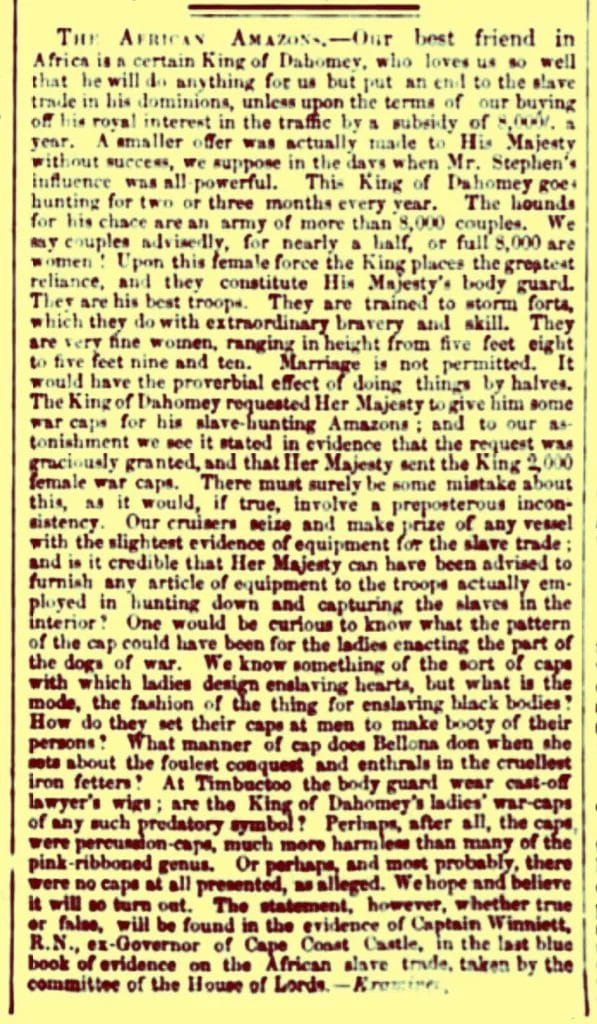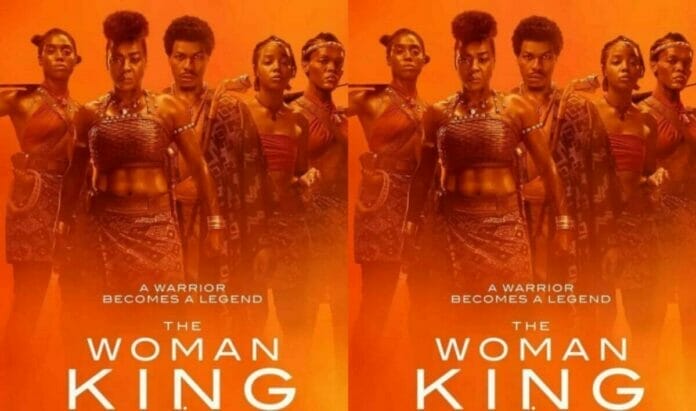CallS for Boycott Misplaced
THE SERAAJ FILES, by Kevin Seraaj, OrlandoAdvocate.com
If there was ever a black boycott of anything that didn’t make any sense whatsoever, its the so-called Black Twitter “boycott” of The Woman King. I saw the movie when it premiered yesterday. It was flawless in its presentation– even if it did take a little literary license in the story-telling.
This group of movie protesters apparently believe The Woman King is beyond redemption for its portrayal of the Dahomey Tribe in the 1800s. I get it. The Dahomey Tribe were virulent slave traders, and during 25 of King Gezo’s 40-year rule, tens of thousands of Africans– a lot of them our ancestors– were trafficked to Europeans. But every African who stood by and let the slave trade happen was just as guilty as those who were involved. And as comedian/social commentator Paul Mooney often quips: no one from Africa bothered coming over here looking to take us back home.
Don’t misunderstand me: King Gezo was reported to have once said (circa 1840) that he would do whatever his European masters wanted him to do– anything except give up the slave trade: “The slave trade is the ruling principle of my people. It is the source and the glory of their wealth…the mother lulls the child to sleep with notes of triumph over an enemy reduced to slavery…”
That’s the reported historical record, and if the film glorified King Gezo as the European puppet he was or suggested in any way that the slave trade was okay, I’d be fashioning my protest poster and headed out the door to join the Black Twitter band. But it doesn’t.

While the film does celebrate the all-female army of “African Amazons” that King Gezo used to terrorize his African neighbors, it does so without celebrating the slave trade. The film portrays the people’s coming awake to much-needed change. It shows that within the Dahomey people there were those who were wrestling with their decades-long participation in the destruction of other African peoples, and the crisis of conscience that led them to conclude that the slave trade had to end. The lead character, portrayed by Viola Davis, becomes “the Woman King” because she and the King both share this vision of ending the horrible practice, and she is elevated to her position after taking it upon herself to free captured Africans from the clutches of European slave-traders and their lackeys.
In point of fact, King Gezo, often called “the monster King of the Dahomey,” was a slaver until his death in 1858, but after the end of the slave trade, when Europeans largely stopped coming to his land in search of slaves, he continued capturing and enslaving other Africans. But instead of selling them, he kept the slaves he captured and made them work on his palm oil plantations.
This film leaves out the actual history of the Dahomey because it does not celebrate the bad. Instead it focuses on the spirit of transformation, and the fierceness and bravery of the African women who trained and fought as warriors. I celebrate what this film is really all about– the indomitable spirit of the black woman who has from the days of the Dahomey to today endured much, and done whatever she had to do, so that her people might survive.
A boycott of the film won’t change history. As a very wise woman once said to me: “Baby, it is what it is.”
This movie is a must-see. The cast: excellent. The story: motivational. The directing: stellar. The acting: superb. Go see this movie, and stay elevated, because with all due respect, this boycott– or whatever it is– gives new meaning to the phrase “majoring in minors.”



